Members
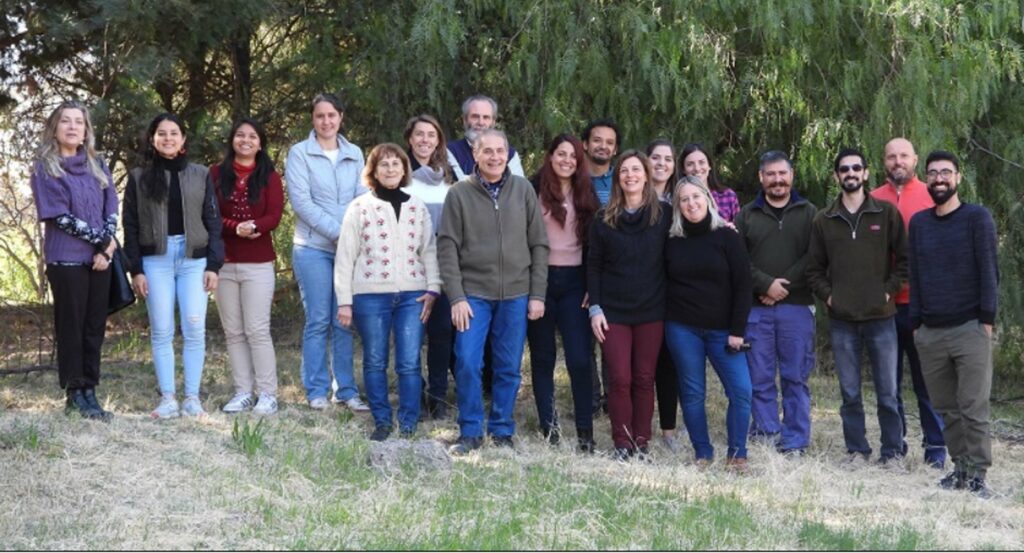
Current members (by year of admission to the IADIZA)
Researchers
- ROIG, Sergio Alberto – Principal Researcher (CONICET) (1991)
FLORES, Gustavo Ernesto – Independent Researcher (CONICET) (1993)
CORBALÁN, Valeria Elizabeth – Independent Researcher (CONICET) (2005)
CHANI POSSE, Mariana – Independent Researcher (CONICET 2010)
DOMÍNGUEZ, Martha Cecilia – Associate Researcher (CONICET) (1999)
SCHEIBLER, Erica Elizabeth – Associate Researcher (2000)
AGRAIN, Federico Alejandro – Associate Researcher (CONICET) (2005)
CARRARA, Rodolfo – Associate Researcher (CONICET) (2005)
FERNÁNDEZ CAMPÓN, María Florencia – Associate Researcher (CONICET) (2007)
OLAVE, Melisa – Assistant Researcher (2017)
POMPOZZI, Gabriel – Assistant Researcher (2021)
Doctoral and Postdoctoral Fellows
GRIOTTI, Mariana – (2014)
RAMÍREZ Salamanca, José Manuel – (2017)
JOFRÉ, Fernando – (2019)
LITERAS, Sofía – (2019)
VIDELA, Laura Mariel – (2021)
RODRÍGUEZ MELGAREJO, Maryzender Erceliz – (2022)
GUALDRÓN-DÍAZ, Juliette C. – (2022)
Technical staff
- SCOLLO, Ana María – Principal professional – (1981)
MIRAS, Diego – Assistant technician – (2021)
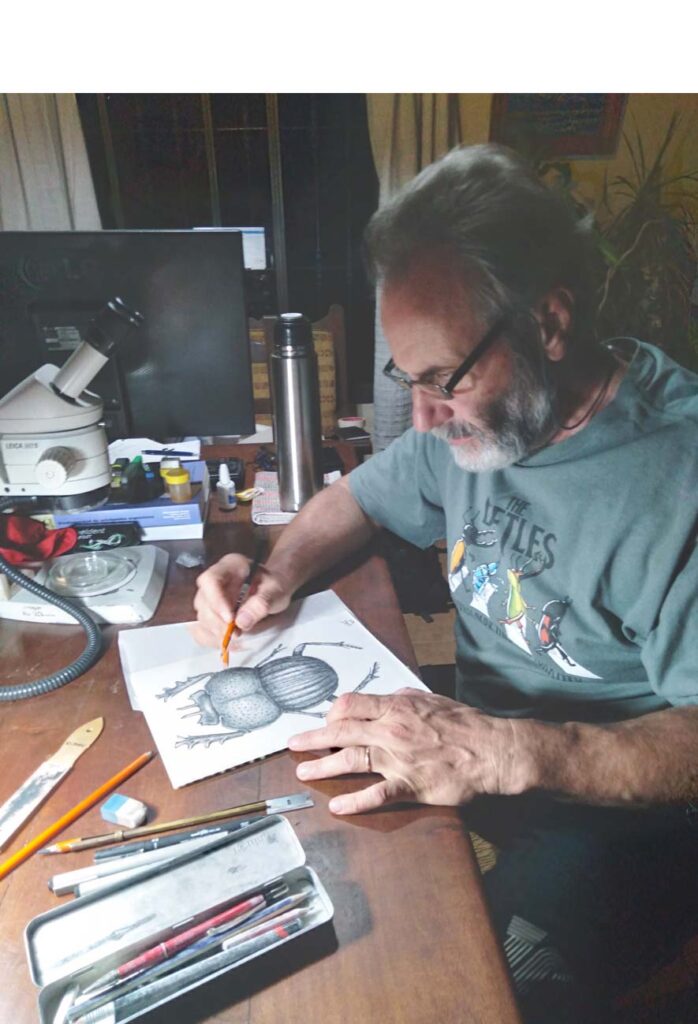
Dr. Sergio Alberto Roig-Juñent
Principal Researcher at CONICET
“I work on the Systematics of Coleoptera, mainly on Carabidae, as well as Biogeography, Phylogenetics, Conservation, among others. I also work on aspects of diversity of arthropods in Argentina and its neighboring countries, mainly in the Patagonian Steppe, Subantarctic Forests, Monte, Puna and High Andes.”
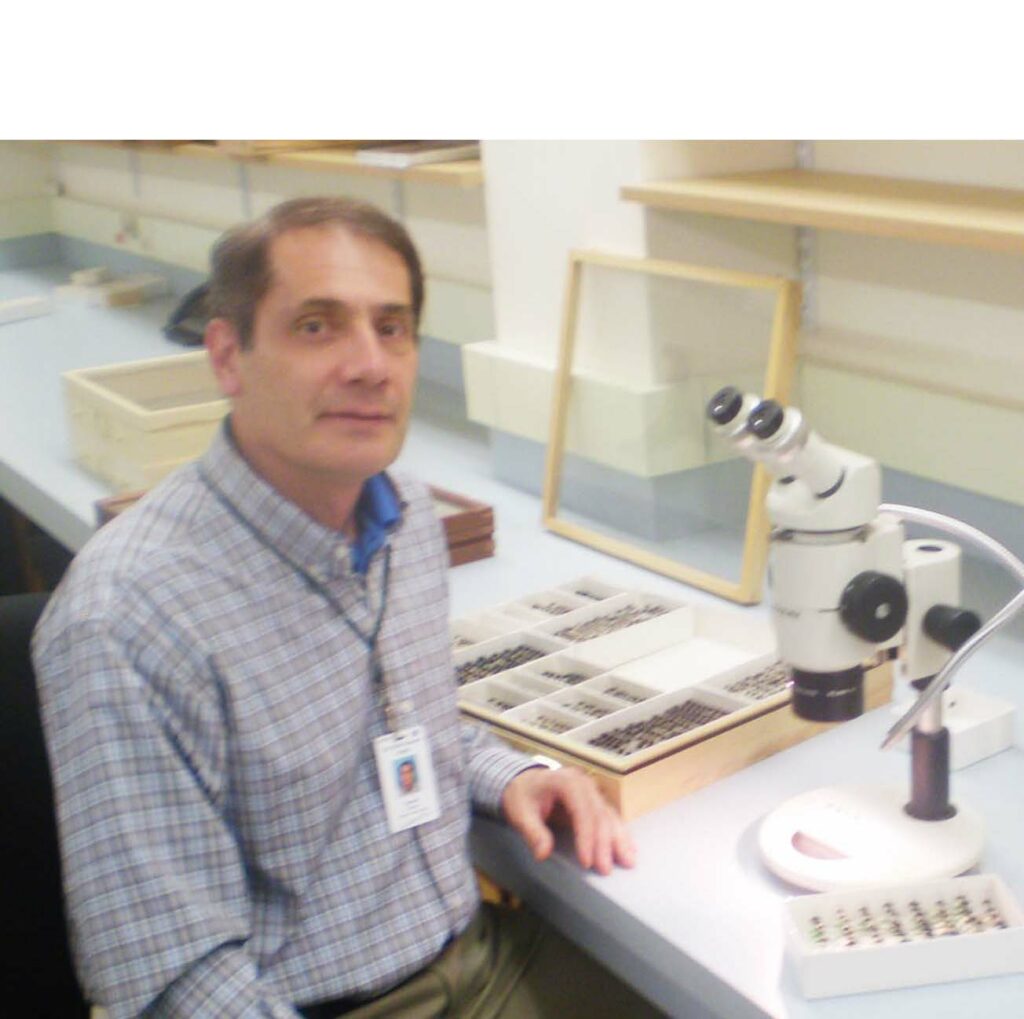
Dr. Gustavo Flores
Independent Researcher at CONICET
“As a Biologist, I am professionally dedicated to Entomology, Systematics, Phylogenetics and Biogeography. For over 25 years I have been interested in the knowledge of a family of beetles, the Tenebrionidae, especially in its South American species. These insects are distinctive of arid zones and provide various ecosystem services. The fields of application are basic research, inventory of biodiversity, classification of organisms, conservation of species, creation and maintenance of biological collections, identification of species of Tenebrionidae as pests of crops and stored products”
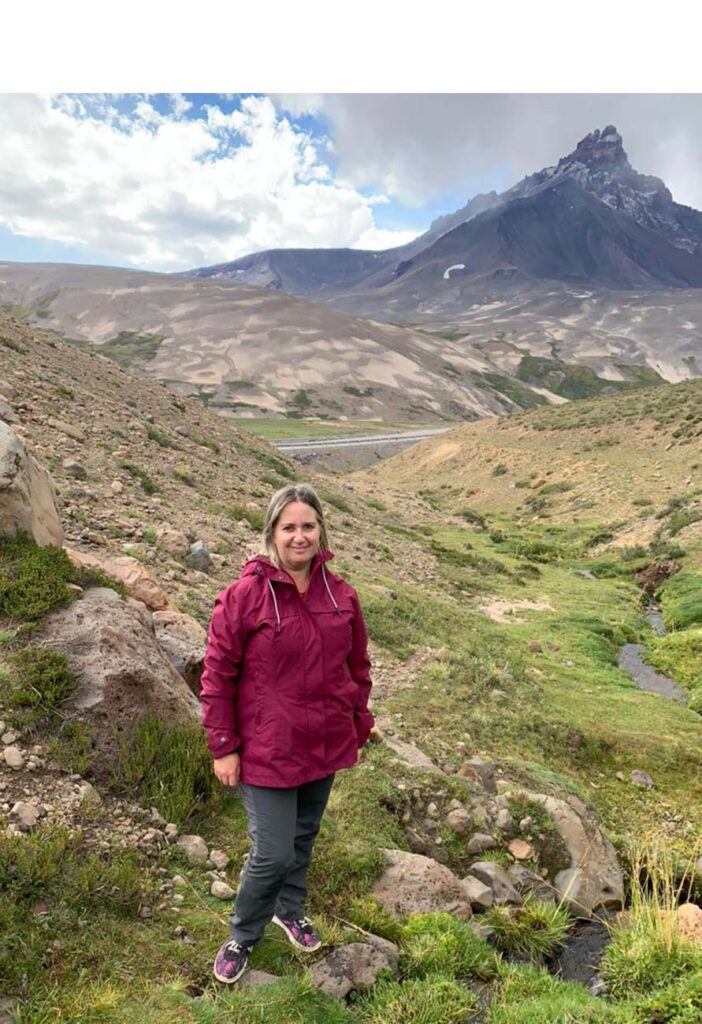
Dr. Valeria Corbalán
Independent Researcher at CONICET
“My experience lies in the ecology and conservation of vertebrates, mainly amphibians and reptiles. The topics addressed during my career were species coexistence, resource segregation mechanisms, thermal biology, identification of priority conservation sites, among others. Currently my work is focused on the influence of climate change on threatened species and on the role of coloration in thermoregulation, crypsis and sexual selection of lizards of the genus Phymaturus (Liolaemidae).”
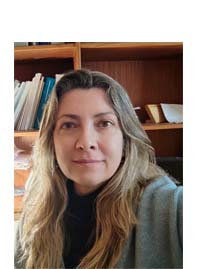
Dr. Mariana Chani Posse
Independent Researcher at CONICET,
Associate Professor. Faculty of Exact and Natural Sciences, UNCuyo
I trained as a biologist with a focus on Zoology in Tucumán, where the diversity of insects and the good humor of the people dedicated to the study of their evolution convinced me that I had found in that specialty the source of eternal youth.
With the improbability of everything it takes to fulfill a dream, I decided to focus on the systematics of Staphylinidae, one of the most diverse families of Coleoptera. With few resources, many detours “and a little help from my friends” I learned that the Neotropics is one of the richest regions on the planet, although we know very little about our riches and what we do know is not always what they tell us. It is my desire, therefore, to reconstruct the evolutionary history of a neotropical lineage of Staphylinidae within the framework of integrative taxonomy and biogeography, to stimulate the same study in other groups of Staphylinidae and why not other insects. An organismic history that is known in time and space.
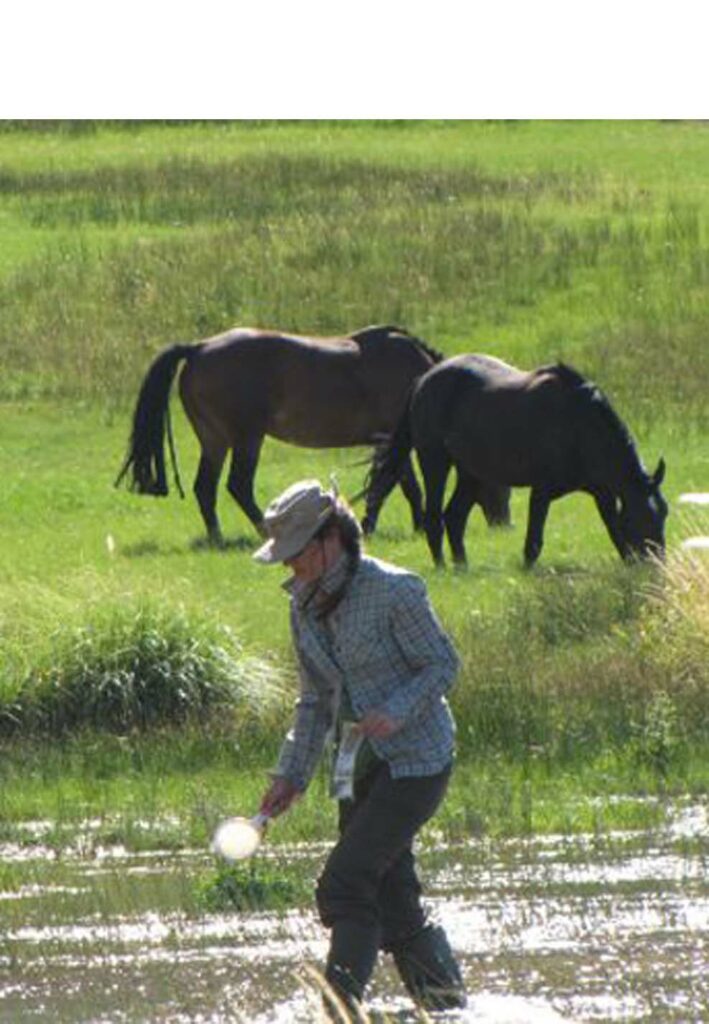
Dr. Erica Elizabeth Scheibler
Associate Researcher at CONICET
“I am interested in the study of macroinvertebrates communities in freshwater bodies (lenthic and lotic) of Central Andes of Argentina at spatial and temporal level. In the last decade I am focalized on understanding of the aquatic ecology of invertebrates assemblages associated to high Andean ponds, and environmental factors that affect their distribution and biodiversity. Actually, the main goals of my research are the detection of bioindicators species and wetland degradation in front of climate change and human impact, and also the building of biological indexes as a tool to conserve the natural environmental conditions of aquatic reservoirs.”
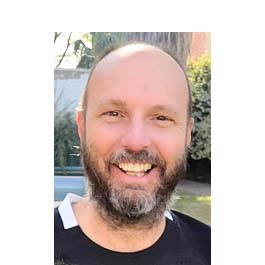
Dr. Rodolfo Carrara
Associate Researcher at CONICET
“My personal interest is to understand the distribution patterns of species and their causes, as well as predicting how global change can increase their risk of extinction. I conduct my studies both at global and regional scales. At a global scale, I focus on birds, mammals, amphibians and reptiles distribution data to understand how different environmental factors determine the distribution of species, to contribute to their conservation. At a regional scale, I am interested in how climate influence the distribution patterns of insects in the Patagonian steppe and the elevational gradients of Andean and extra-Andean systems. I developed these studies by applying tools such as species distribution models, ecological niche models and models for selecting priority areas for conservation.”
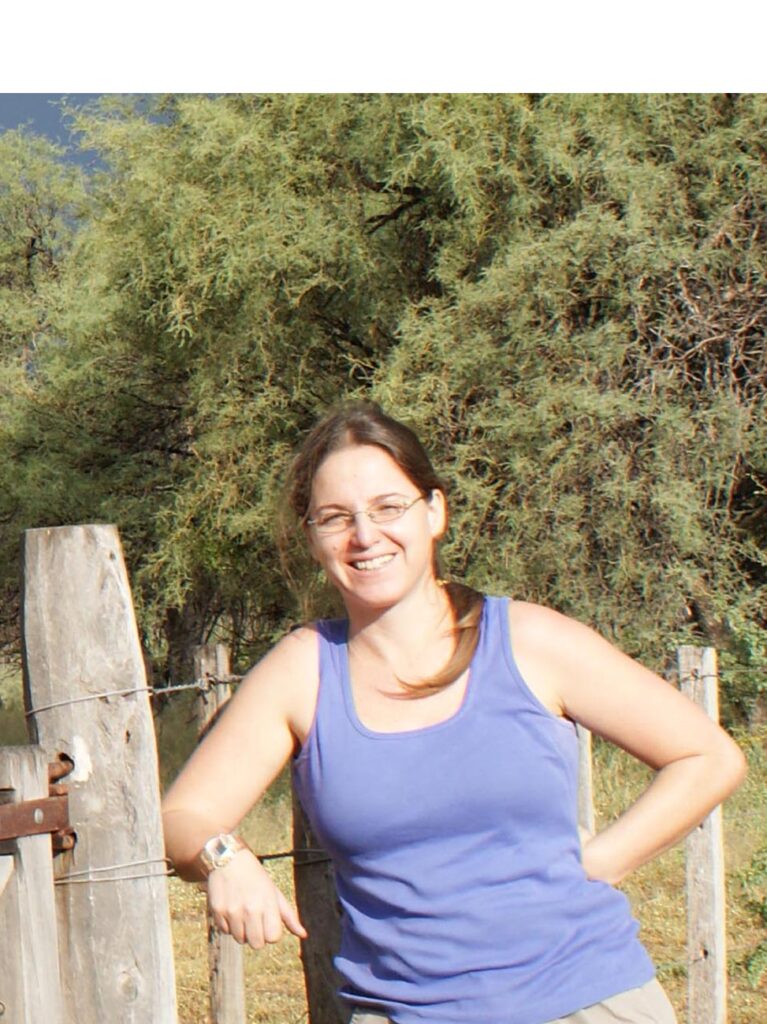
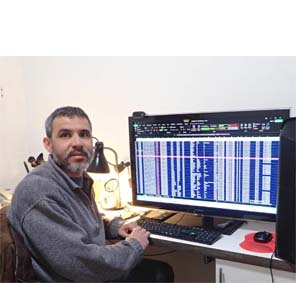
Dr. Federico A. Agrain
Associate Researcher at CONICET
“I am an entomologist researcher, focused on phylogeny, biogeography and ecology of beetles and other taxonomic groups. I am particularly interested in diversification patterns and evolutionary history of Cryptocephalinae (Chrysomelidae: Coleoptera).”

Dr. Florencia Fernández Campón
Associate Researcher at CONICET
“My research interests are in Ecology and Evolutionary Biology. My area of expertise is Ecology, specifically Behavioral Ecology. Most of my work has been carried out on spiders. In addition, I work in Community Ecology of epigean arthropods in mountain habitats and high altitude wetlands. More recently, I started using molecular tools and a phylogeographical approach to answer questions about the Ecology and Evolutionary Biology of study species.”
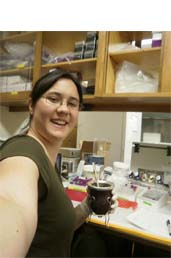
Dr. Melisa Olave
Assistant Researcher at CONICET
E-mail, CONICET, ResearchGate, Google Scholar, GitHub, Twitter: @Melisa_Olave
“I am an evolutionary biologist working at the interface of speciation and population genetics, micro and macro evolution. I am particularly interested in phylogenetics, phylogeography and biogeography fields. Broadly, I am interested in how physical and biological factors influence gene flow and lineage diversification, and ultimately speciation and extinction. I am interested in both empirical and theoretical studies.”
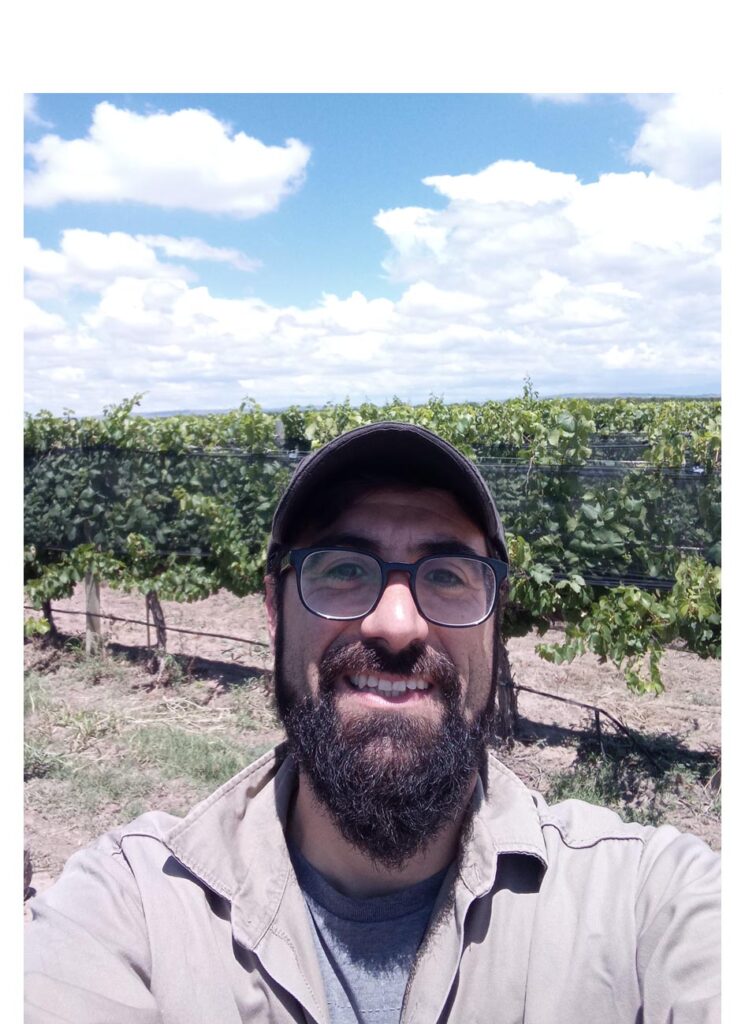
Dr. Gabriel Pompozzi
Assistant Researcher at CONICET
E-mail, E-mail 2, ResearchGate
“My area of greatest interest is arachnology, with special emphasis on ethology and spider ecology. I have conducted several studies on the ecology, biology, reproductive behavior, and taxonomy of several species of spiders. Currently, my main lines of research are ecology and diversity of spiders associated with vineyards and semi-natural adjacent habitats and the role of spiders as potential biological control agents, and the study of trophic ecology of spiders of the Zodariidae family that present specialization in their diet. Also, I am interested in the conservation of this taxonomic group, being a member of the “Spider and Scorpion Specialist Group” of the International Union for the Conservation of Nature (IUCN) since 2017.”
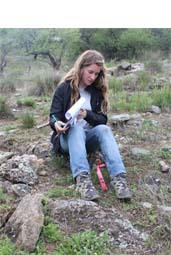
Dr. Mariana Griotti
Postdoctoral fellow
“Systematics and biogeography of South American arthropods with a focus on genera Baripus (Carabidae: Coleoptera), Petrichus (Araneidae: Philodromidae) and Brachistosternus (Scorpiones: Bothriuridae). We study the evolutionary history of co-distributed taxa inhabiting southern South America. I am interested in: i) when different lineages originated and where their hypothetical ancestors distributed, ii) how paleogeographic events affected their diversification, iii) whether and how the Andean uplift could explain their current geographical distributions. We aim to infer time-calibrated phylogenies and divergence times based on morphological and molecular data using different calibration strategies.”
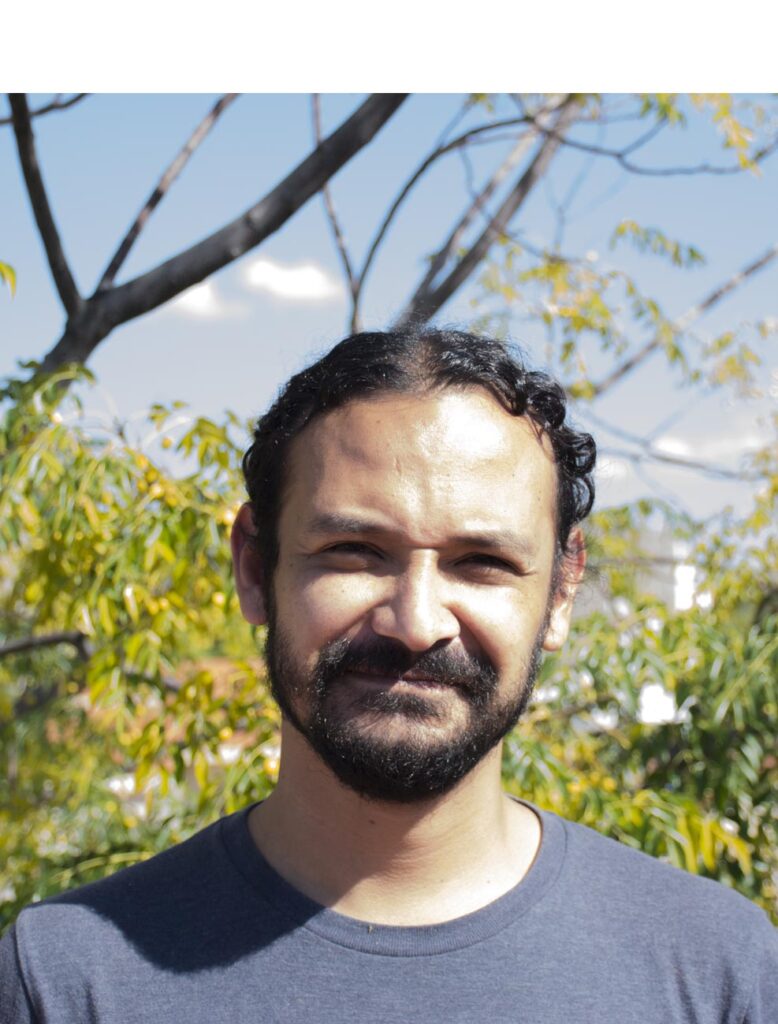
Lic. José Manuel Ramírez Salamanca
Doctoral fellow
“Currently, I am a PhD student working on the evolutionary history of Staphylinidae (Coleoptera) with emphasis on Taxonomy, Phylogeny and Biogeography of the Philonthina subtribe and its Neotropical lineage. More precisely, I am focused on revising the genera Insesius and Musicoderus widely distributed along the Andes mountains using morphological and molecular data.”
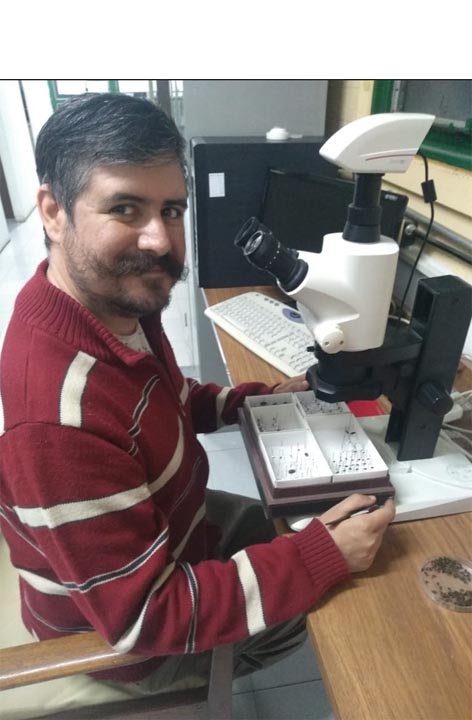
Lic. Fernando Nicolás Jofré
Doctoral fellow
“My doctoral thesis project is focused on identifying the cadaverous entomofauna of Coleoptera and Diptera that inhabit urban, rural and natural areas, as well as its seasonal variation in the province of Mendoza. In particular, I am interested in understanding the role of these insects in the ecosystem and their possible applications in forensic investigations carry out in Mendoza.”
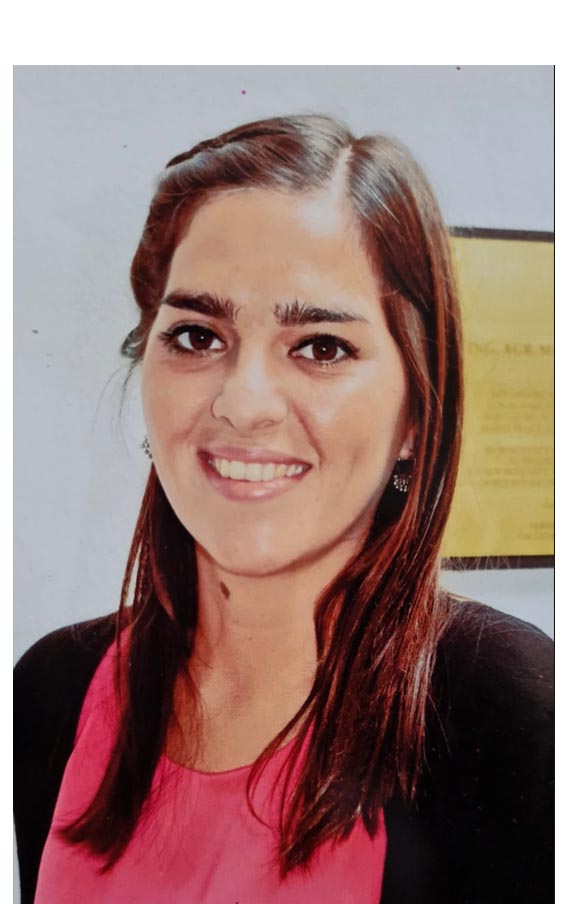
Ing. Sofía Literas
Doctoral fellow
“Currently, I am a PhD student in Science and Technology at the Faculty of Exact Sciences of the National University of Cuyo. My research project is “Coloration in lizards of the genus Phymaturus and its relationship with crypsis and sexual selection” directed by Dra. Valeria Corbalán. My research work is focused on evaluation of coloration in the UV and Visible spectrum in order to determine if lizards fulfill a cryptic function to evade predators and/or it represents an interspecific communication related to sexual selection.”
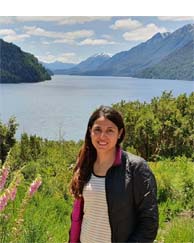
Lic. Laura Mariel Videla
Doctoral fellow
“My area of study involves the small Andean wetlands of Mendoza, focusing on the effects of land use and climate change on the biodiversity of aquatic and terrestrial invertebrates (insects and arachnids). I´m working on the study of spatio-temporal variation of the community and functional structure of invertebrates, the analysis of environmental variables that influence changes in biodiversity, the modeling of the ecological niche of species and the assessing the vulnerability of systems and communities to land use and climate change.”
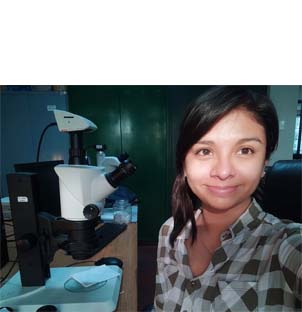
Lic. Maryzender Erceliz Rodríguez Melgarejo
Doctoral fellow
E-mail, CONICET, ResearchGate, Google Scholar
“Biologist, major in Zoology from the Universidad Nacional Mayor de San Marcos, Peru. My research interests are taxonomy, systematics and biogeography of rove beetles (Coleoptera: Staphylinidae). My doctoral project aims to reconstruct the evolutionary history of the genera and species of rove beetles of the subtribe Philonthina that present myrmecophilous and termitophilous associations in a space-time context, thus contributing to the resolution of the internal phylogenetic relationships of the neotropical lineage of this megadiverse group.”
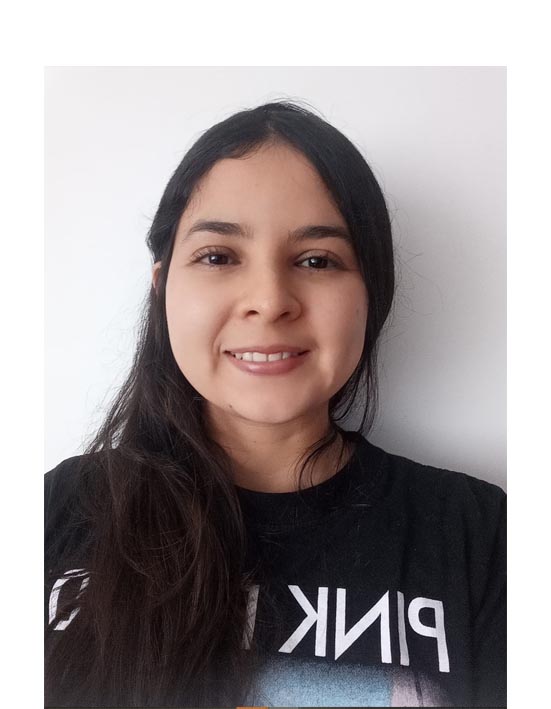
Ms. Juliette C. Gualdrón-Díaz
Doctoral fellow
“I am a Biologist with a keen interest in evolutionary biology and insect biodiversity. Previously, I have been involved in research projects on several taxonomic groups such as horseflies, dung beetles, and butterflies. Currently, I am a PhD student working on the evolution of mutualistic associations with ants and termites in Aleocharinae (Staphylinidae). My research focuses on the Neotropical Lomechusini tribe and my objective is to describe the evolutionary history of the neotropical representatives and to evaluate the factors that contributed to their diversification, in particular those groups with mutualistic associations using molecular, morphometric and morphological data.”
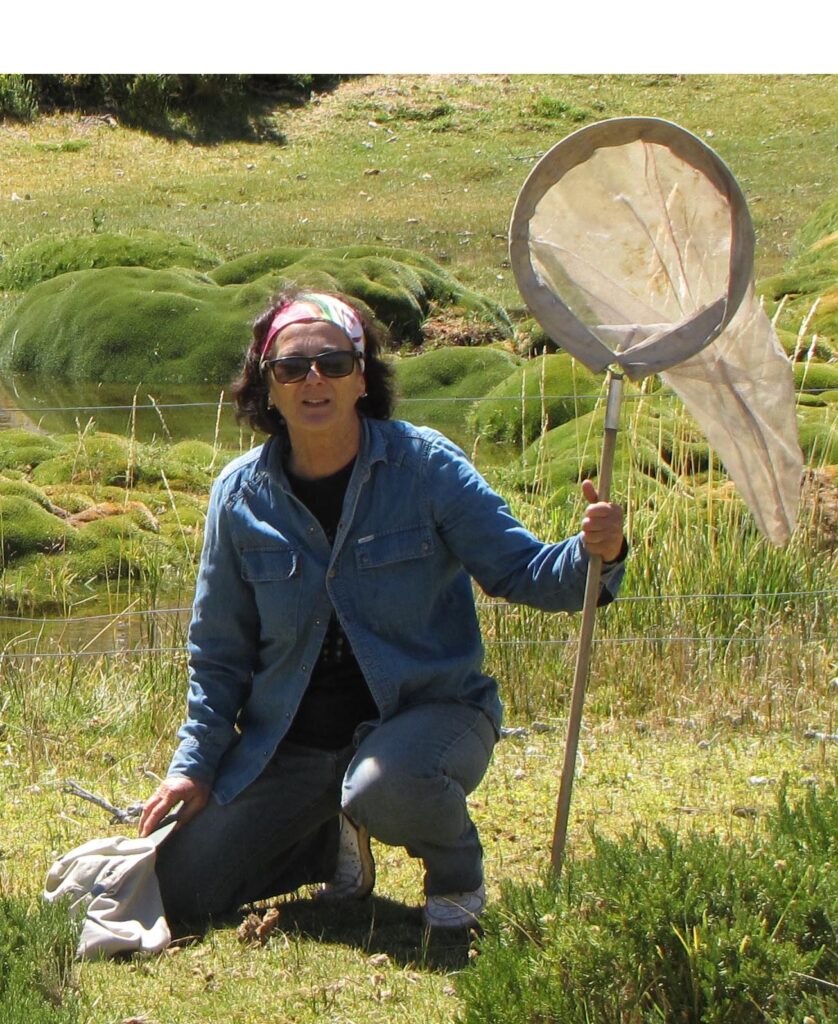
Prof. Ana María Scollo
Principal professional at CONICET, IADIZA CEI
“In charge of the CEI (IADIZA Entomological Collection). Preservations of specimens and collection maintenance including loans of specimens and management.”
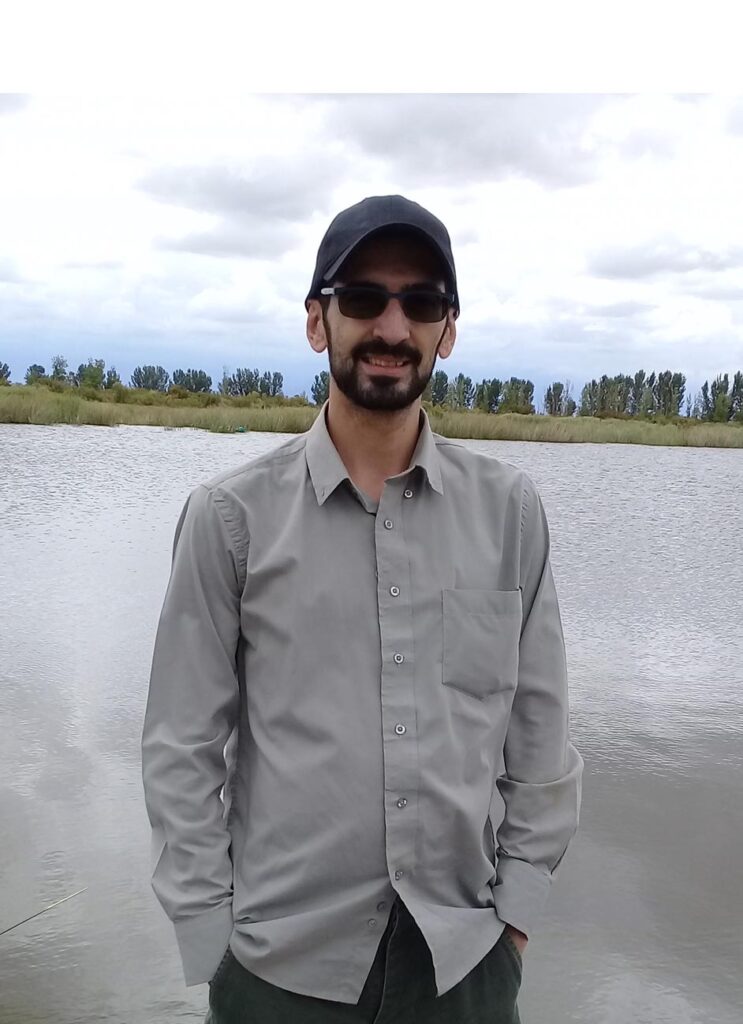
Prof. Diego Nicolás Miras
Assistant technician at CONICET, CEI
“I provide technical support to the various research groups at the Entomology Laboratory, such as: collection of specimens in the field, preparation and preservations of specimens, as well as maintenance of the CEI entomological collection.”
